Physics Blog
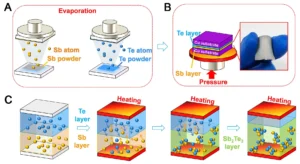
Sb2Te3 as a Research Material for ReRAM Devices: An In-Depth Overview
Sb2Te3 as a Research Material for ReRAM Devices: An In-Depth Overview Introduction The rapid evolution of technology in recent decades has driven the need for

Doping of HfO2 material
Doping of HfO2 Introduction Doping HfO₂ (hafnium dioxide) with elements like niobium (Nb), vanadium (V), europium (Eu), and lanthanum (La) can significantly alter the material’s

Comprehensive Guide to Manganese Dioxide (MnO₂) as a Research Material
Comprehensive Guide to Manganese Dioxide (MnO₂) as a Research Material Introduction to Manganese Dioxide (MnO₂) Manganese Dioxide (MnO₂) is a widely studied inorganic compound known
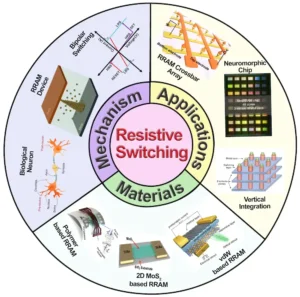
Future Opportunities and Scope of ReRAM Devices
Future Opportunities and Scope of ReRAM Devices Introduction Resistive Random-Access Memory (ReRAM) is emerging as a transformative technology in the realm of non-volatile memory (NVM).

ReRAM: An Emerging Memory Technology Transforming the Future of Data Storage
ReRAM: An Emerging Memory Technology Transforming the Future of Data Storage As we push the boundaries of computing and data processing, the demand for faster,
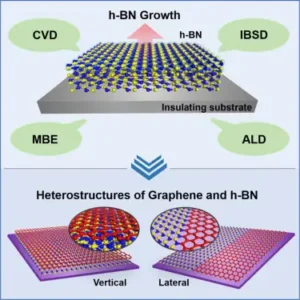
Hexagonal Boron Nitride (h-BN): The Next Frontier for ReRAM Technology
Hexagonal Boron Nitride (h-BN): The Next Frontier for ReRAM Technology In the fast-paced world of next-generation memory devices, Resistive Random-Access Memory (ReRAM) has been gaining

Difference Between Memristor and ReRAM
Difference Between Memristor and ReRAM The terms Memristor and ReRAM are often used interchangeably, but they refer to slightly different concepts, though they share similar
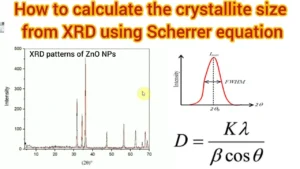
How to Determine Crystallite Size, FWHM, and Crystal Structure from XRD Data
How to Determine Crystallite Size, FWHM, and Crystal Structure from XRD Data X-ray Diffraction (XRD) is a powerful analytical technique used to determine the crystallographic
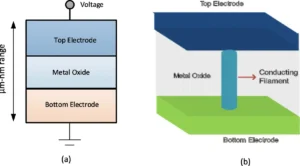
Understanding the Conduction Mechanism in ReRAM Devices: A Deep Dive
In the ever-evolving world of non-volatile memory technologies, Resistive Random-Access Memory (ReRAM or RRAM) has emerged as a promising candidate for next-generation memory solutions. With

Bosons: Definition, Examples, Characteristics, Properties, and Applications in Statistical Mechanics
Introduction to Bosons Bosons are one of the two fundamental classes of particles in the universe, the other being fermions. The classification of particles into

Why ReRAM is Emerging as a Revolutionary Technology Despite the Existence of Traditional RAM
In today’s tech-driven world, random access memory (RAM) is an essential component in almost every computing device, from smartphones to high-performance servers. It acts as
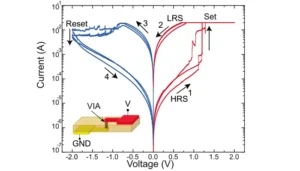
Understanding ReRAM IV Characteristics: A Deep Dive into LRS and HRS States
Resistive Random-Access Memory (ReRAM) has emerged as a promising candidate for next-generation memory devices due to its high-speed operation, low power consumption, and potential for

Understanding RAM: Working Principle and Mechanism
Random Access Memory (RAM) is one of the most critical components in any computing system, whether it’s a personal computer, smartphone, or even servers used

Understanding the UV-Visible Spectrophotometer: A Comprehensive Guide
A UV-visible spectrophotometer is an essential instrument in analytical chemistry, widely used across various industries including pharmaceuticals, environmental science, food testing, and materials science. This

In-Plane Coordination Length in Research: An In-Depth Exploration
The term “in-plane coordination length” is a concept that is primarily used in the context of material science, condensed matter physics, and crystallography. It plays
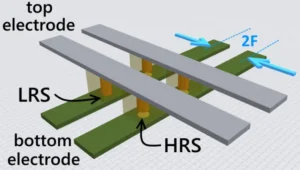
Understanding Resistive Random-Access Memory (ReRAM): The Future of Memory Technology
In the ever-evolving world of technology, the demand for faster, more efficient, and more reliable memory solutions is relentless. As traditional memory technologies like DRAM
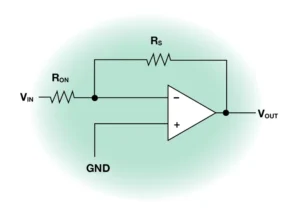
What is Feedback in Electronics?
In electronics, feedback refers to the process where a portion of the output of a system (such as a circuit or amplifier) is fed back
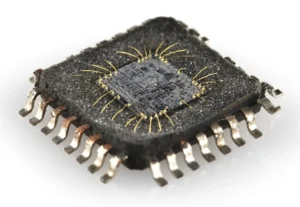
Integrated Circuits (ICs): A Comprehensive Guide
The Integrated Circuit (IC) is one of the most significant technological innovations in modern electronics. From the simple calculators of the 1960s to the complex

Research Review on Biodegradable Materials for Resistive Switching Memory Device Applications
With the increasing need for sustainable technologies, biodegradable materials have garnered significant interest in various electronic applications. Among the many uses, resistive switching memory devices
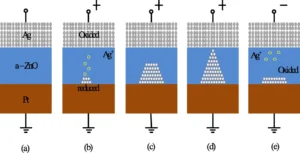
Future Scope of ReRAM Devices: Transforming the Landscape of Memory and Computing
In the realm of modern electronics, data storage and memory technologies have continuously evolved to keep up with the demands for speed, capacity, and energy

